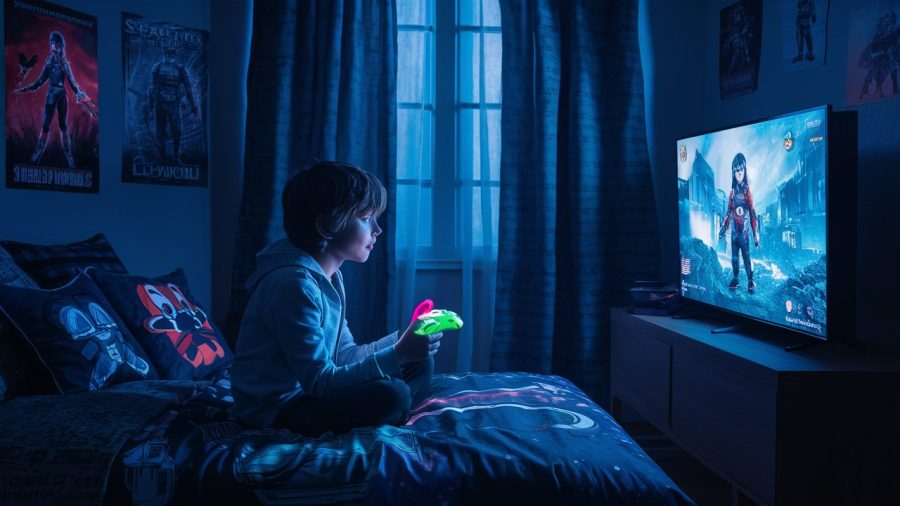A group of American parents is seeking to sue several video game companies, alleging their children have been harmed by video game addiction.
As reported by Bloomberg, one mother claims that her 14-year-old son has played such a quantity of video games over the last nine years that it has caused him brain damage, seizures, and a stroke. Another mother says that her nine-year-old who has been diagnosed with multiple psychiatric disorders has been gaming “at an increasing and uncontrollable pace”.
Targets of the lawsuits, of which over a dozen are expected to be heard on May 30 in Salt Lake City, Utah, include Microsoft, Nintendo of America, Epic Games, Roblox, and Sony Interactive Entertainment.
A key part of the lawsuit is research that shows Internet Gaming Disorder (the medical term for video game addiction) has a measurable effect on the brain in the way that other addictions do. However, the filing suggests that psychiatric problems such as ADHD are also caused by gaming – this is a contentious issue and research finds that the correlation is more likely in the other direction. That is to say, people with ADHD could be more likely to develop Internet Gaming Disorder, and not that Internet Gaming Disorder causes ADHD. The debate over the addictiveness of games is ongoing and hotly debated.
What do the video game companies say?
Microsoft, Nintendo, Sony, and Epic are part of the Entertainment Software Association, which gave the following statement: “We prioritize creating positive experiences for the entire player community and provide easy-to-use tools for players, parents, and caregivers to manage numerous aspects of gameplay. Claims that say otherwise are not rooted in fact and ignore the reality that billions of people globally, of all ages and backgrounds, play video games in a healthy, balanced way.”
Games companies are hoping to defend against the allegations on First Amendment grounds. Microsoft and Roblox argued that calling their games “too engaging” goes against the fact that game content, like all content, is protected as free speech.
The two companies, who used the defense to seek the dismissal of a different suit brought against them in Arkansas, say that the lawsuits miss the point. They “present the digital equivalent of suing a video library for distributing allegedly ‘addictive’ movies, or a recording studio for providing a forum and equipment to create music that is ‘too catchy,'” according to Microsoft and Roblox.
If they are found to have any merit, these lawsuits could pose trouble for the gaming industry, which has already had a troubled year, beset by layoffs and closures.
Featured image credit: generated by Ideogram


















